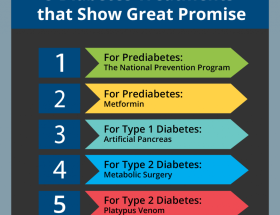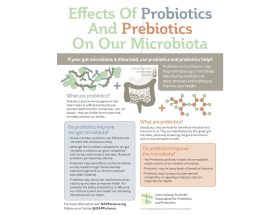Women’s health is an essential aspect of healthcare that spans various stages of life. From puberty and
reproductive health to menopause, understanding and addressing women’s unique health needs are vital.
Puberty: A Time of Transition
Puberty is a significant milestone in a young woman’s life. It marks the onset of reproductive capabilities
and the development of secondary sexual characteristics. During this time, maintaining proper hygiene, understanding
menstrual health, and practicing safe sex become crucial.
Reproductive Years: Ensuring a Healthy Journey
Optimal reproductive health is vital during a woman’s fertile years. Regular visits to healthcare providers for
check-ups and screenings help detect potential issues early on. Contraception, family planning, and managing common
conditions such as polycystic ovary syndrome (PCOS) should also be addressed.
Pregnancy and Motherhood: Nurturing Life
Pregnancy is a miraculous phase that requires special care. Prenatal visits, proper nutrition, exercise, and
managing discomforts play a key role in ensuring a healthy pregnancy. Education about childbirth options, breastfeeding,
and postpartum care are equally important to support new mothers through this incredible journey.
Perimenopause: The Transition Phase
As women approach their midlife, the body undergoes hormonal changes leading to perimenopause. Irregular periods,
mood swings, and physical discomforts can occur. Understanding these changes and seeking support from healthcare providers
become essential to managing the transition comfortably.
Menopause: Embracing Change
Menopause marks the end of a woman’s reproductive years, accompanied by a decline in estrogen levels. It can bring
various symptoms like hot flashes, night sweats, and mood changes. Approaches to manage these symptoms include hormonal
therapy, lifestyle modifications, and alternative therapies. Regular check-ups and screenings for other health conditions
also remain crucial during this stage.
Importance of Addressing Women’s Health
Women’s health is not limited to reproductive aspects alone. It encompasses physical, mental, and emotional well-being.
Raising awareness about the importance of regular check-ups, screenings, and overall self-care empowers women to take
charge of their health.
Educational Initiatives and Empowerment
Efforts in educating women about their bodies, reproductive health, and menopause are key factors in fostering a healthy
society. Through accurate information, support groups, and access to reliable resources, women can make informed decisions
about their health and seek appropriate care when needed.
Conclusion – A Journey of Growth and Empowerment
Women’s health encompasses numerous stages, each requiring attention, education, and support. From puberty and
reproductive years to menopause, addressing women’s unique health needs helps promote overall well-being and a better
quality of life. By embracing change and empowering women with knowledge, we pave the way for a healthier, more
inclusive future.






